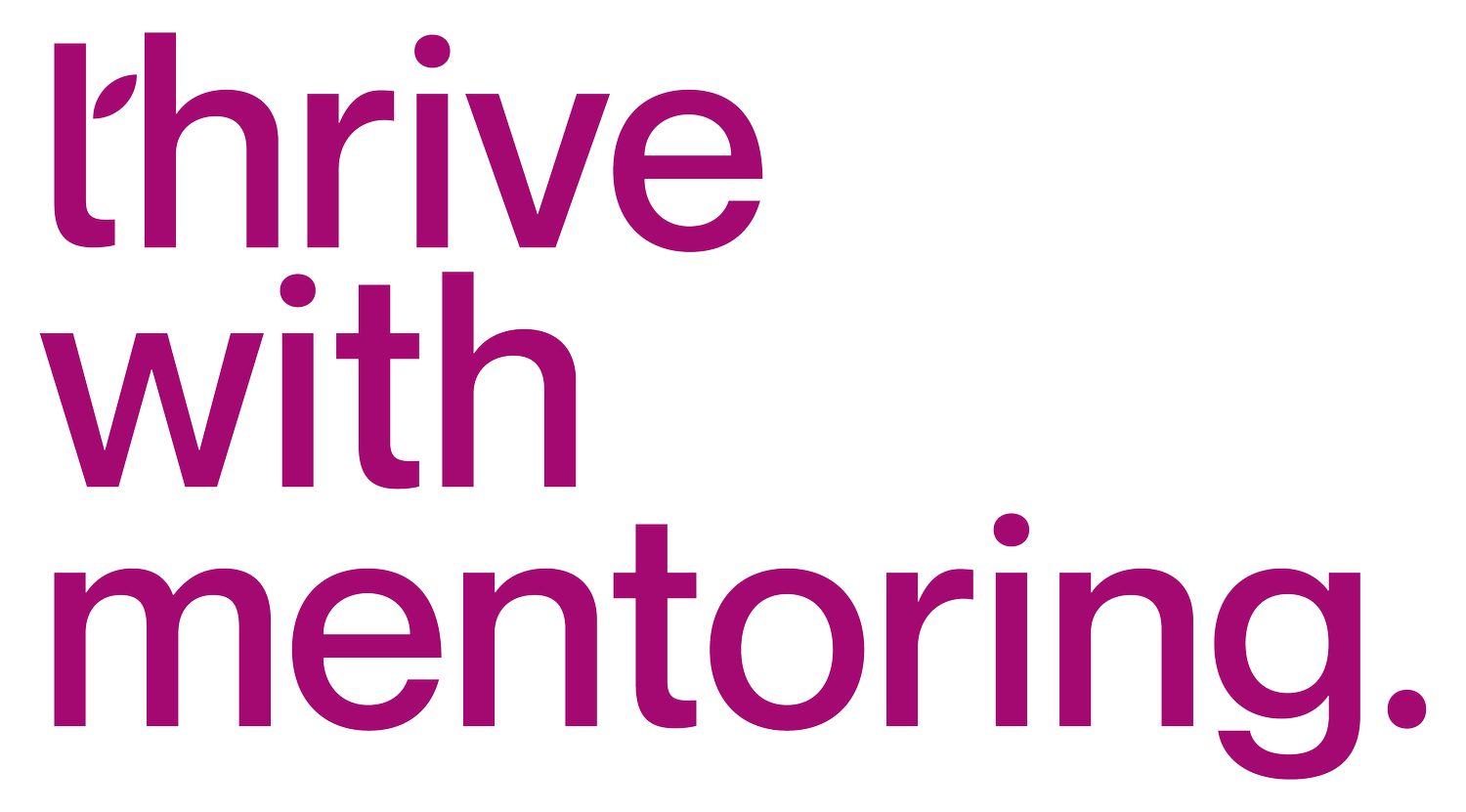How being an “efficient” mentor helped me be more present for my mentees?
Through November I offered 30 mins calls for those from my network as a Random Act of Kindness. Most of these turned out to be from my connections who were interested in a mentoring conversation. As is often the case, a conversation where I am fully present can offer the other ‘time to think’. I asked a few pointed questions to further the thinking. After about 20 minutes, he said - yeah! I think I know what I am going to do.
That was that.
It was an efficient and effective mentoring conversation.
My inbox is currently full of meeting requests and messages. It’s that time of the year when we get reflective - and oh yes, it's that kind of a year.
I am a strong believer in ‘connection before content’ - and I am finding myself cutting to the core of the conversation rather quickly. These 20 plus calls with people I didn’t know much were a great experiment in adding value in short sprints.
Mentoring can be an under-recognized exercise. It usually doesn’t have a commercial but an altruistic purpose for most. Generosity is at its foundation - yet you need to be crystal clear about the value you add.
With deep care for the mentee - let me share with you what I have learned to make my mentoring conversations - primarily virtual these days, become more effective :
Being ‘present’: At any point in time, I am thinking through quite a few things. There are competing priorities, so to be fully there for the mentee requires a ‘micro habit’ I have developed. A short mindfulness exercise and sometimes just 3 deep breaths to ensure that I am centered are critical for the mentee to feel cared for and listened to. Interestingly, I find being present virtually is much easier when there are no other distractions, especially for one-on-one conversations. ‘Virtual presence’ may be a bigger challenge when you are in a group setting, but that’s the topic for another time.
Take time to work through the “time” needs of your mentees - Mentees need different kinds of interventions. With some a quick exchange of emails or WhatsApp messages works, with others hopping on to a short weekly call, with yet others a longer monthly call. Just like there is ‘situational leadership’ - there is also ‘situational mentorship’. Thinking through what they need, and matching the format - be it asynchronous written communication or a quick zoom call, you will both be authentic and satisfied.
Laser mentoring sessions - I reserve at least 2 hours of mentoring time per week. But this has stopped automatically meaning 2 one-hour calls. My conversations range from 15 to 45 mins typically. Meetings do spill over - but when both sides know that we have 15 minutes together - we come to the table better prepared to handle the conversation and we get straight to the point. Interestingly it also ensures that we are more present during that call.
Group mentoring sessions: When a few of my mentees have similar needs, I don't hesitate to schedule an hour-long session with all of them together. There is peer learning, stepping into each other’s shoes, newer connections, synergies explored and a bigger sense of fulfillment for all. But I recommend this only if you are absolutely sure of what you are dealing with and the mentees are comfortable in a group setting.
Some of this sounds like ‘tough love’. It's been a journey for me too. We all know that we can’t pour from an empty cup. So these practices in self-compassion have ensured that my cup as a mentor is full.
So what are your practices to ensure that your mentoring conversations are both effective and efficient?
